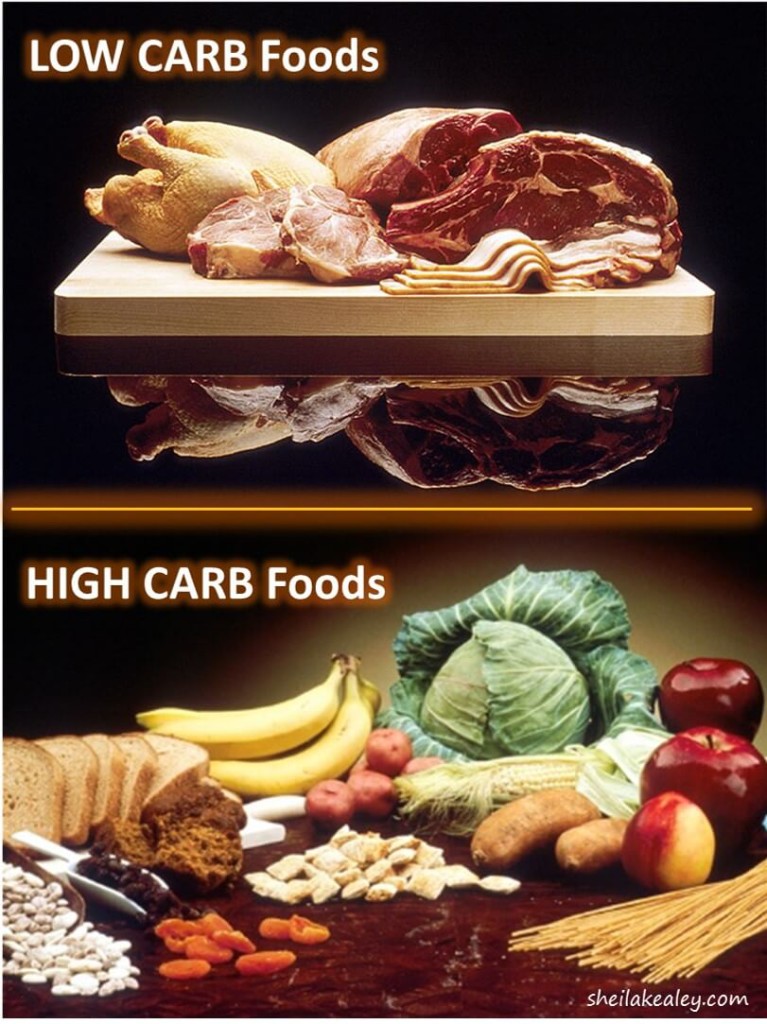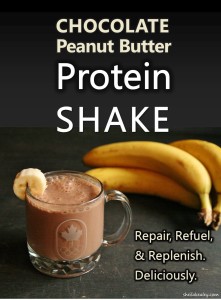This week, read about low-fat vs low-carb diets for fat loss, mobile technologies to improve health behaviors, fatigue in female endurance athletes, why science matters more than labels like “alternative medicine,” the best athlete in the world, saturated fats, over-40 elite runners, the next kale, and more.
Low-fat diet better than low-carb to lose body fat
Cutting carbs is popular among people trying to lose weight. Much of the evidence is anecdotal (i.e., stories, “my trainer at the gym says . . . “), and research has shown inconsistent results, likely due the great differences in carbohydrate-containing foods (equating lollypops to lentils) and the methods used to address this question.
How to Measure What People Eat. Assessing what people actually eat is complicated – I have been involved with many dietary trials using various methods to assess diet for different health outcomes (food frequency questionnaires, 24-hour dietary recalls, blood biomarker assessments, etc.) and they all strengths and limitations. Researchers choose a method (or multiple methods) to best suit their study design and research questions (i.e. if your design requires over 100 participants, controlled feeding is probably out of the question), and should interpret study results with assessment limitations in mind.
Currently, the most expensive, complicated, but accurate way we measure the short-term influences of a person’s diet is a controlled feeding study. Researchers provide study participants with the food they should eat, and monitor almost all food consumed. Study participants often spend parts of all of the study at a clinic so researchers can conduct various biological assessments (e.g., blood, urine, expired gases) and to ensure the diet is followed. Sound like fun?

This week, a rigorous feeding study published in Cell Metabolism shows that for the same number of calories, a low fat diet was better than a low carb diet to lose body fat. After analyzing the results studies for over a decade that pointed to this conclusion, researchers conducted a feeding study to confirm this finding. Study participants spent part of the study in a “metabolic chamber” that captured all the air they inhaled and exhaled. Urine and body gases collected allowed researchers to accurately determine the number of calories participants were burning and whether those calories came from carbohydrates, fat, or protein. Now you know why feeding studies are complicated, expensive, and have a significant amount of participant burden!
Calories were restricted, so, as expected, participants lost weight and body fat on both diets over the 6-day study. The low-fat diet seemed to have a metabolic advantage though. Researchers found that a low-carb diet slowed metabolism. A low-fat diet didn’t slow metabolism, and had increased fat burning and fat loss compared to the low-carb diet.
The authors caution that the study was conducted to better understand metabolism and energy balance, and not to form the basis of dietary recommendations. Here’s a good interview with the lead author explaining the study results, and if you’re interested in how this study relates to the popular carbohydrate-insulin hypothesis of obesity, obesity researcher Stephan Guyenet explains that here. (Cell Metabolism, Aug 13 2015)
 Can mobile technology help people improve health behaviors? Exercise and diet apps and other mobile health devices are popular, but do they work? A study published this week reviewed the existing research looking at the impact of some of these technologies; generally this review found that more rigorous research was needed, but stated that we shouldn’t dismiss the possibility that these devices and apps can help improve health. Mobile technologies are a new and promising way to help people exercise more, eat better, or modify other health behaviors. (Circulation)
Can mobile technology help people improve health behaviors? Exercise and diet apps and other mobile health devices are popular, but do they work? A study published this week reviewed the existing research looking at the impact of some of these technologies; generally this review found that more rigorous research was needed, but stated that we shouldn’t dismiss the possibility that these devices and apps can help improve health. Mobile technologies are a new and promising way to help people exercise more, eat better, or modify other health behaviors. (Circulation)
Here is Greatist’s list of “best” health and fitness apps for 2015 (based on the study above, you can bet that “best” is not evidence-based, but they might be worth checking out!).
Labels Like ‘Alternative Medicine’ Don’t Matter. The Science Does. Excellent perspective. (Aaron Caroll, New York Times).
The Best Athlete in the World Right Now Is an 18-Year-Old Swimmer, and What She’s Doing Is Nuts. An inside look at Katie Ledecky’s rise to greatness that will leave even non-swimmers awestruck. (Brad Stulberg, Outside).
Saturated fats are not harmful, really? A perspective on recent stories exonerating saturated fats from harming health. (British Medical Journal, August 12, 2015) Don’t reach for the buttered coffee just yet!
Over-40 Elites Still Mastering Their Domain. A nice profile of some speedy US runners. (Kevin Beck, Competitor)
->For profiles of other impressive masters athletes, see this page.
 My favourite local running race. I was featured on runguides with retired Olympian cross country skier Perianne Jones about our favourite local races. We both picked small community events! (Chelsea Challenge, and the Mississippi Mills River Run).
My favourite local running race. I was featured on runguides with retired Olympian cross country skier Perianne Jones about our favourite local races. We both picked small community events! (Chelsea Challenge, and the Mississippi Mills River Run).
For Evolving Brains, a ‘Paleo’ Diet Full of Carbs. The basic principal of the Paleo diet is to mimic the eating habits of our Paleolithic ancestors. Paleo eaters limit carbohydrates, thinking our ancestors did that too. Although most paleo proponents seem 100% sure of our ancestors’ diet, the truth is, scientists are still figuring out what our ancestors ate. This week, Carl Zimmer reports on new research published in the The Quarterly Review of Biology, showing that carbohydrates were indeed part of the paleo diet, as they were important for brain development. (Carl Zimmer, New York Times reporting on Quarterly Review of Biology, September 2015)
Is this vegetable leaf going to be the next kale? A wasted part of the broccoli plant is repackaged for your convenience. You can prepare broccoli leaves as you would kale, Swiss chard, or other mustard greens. (FastCompany)
 Are you a female endurance athlete who’s feeling lethargic? Check your diet. Some athletes aren’t consuming enough calories to sustain their workouts and everyday activities, resulting in a condition called “low energy availability” (also called Relative Energy Deficiency in Sport, or REDS). Beyond feeling tired and crappy, this can lead to a host of health problems.
Are you a female endurance athlete who’s feeling lethargic? Check your diet. Some athletes aren’t consuming enough calories to sustain their workouts and everyday activities, resulting in a condition called “low energy availability” (also called Relative Energy Deficiency in Sport, or REDS). Beyond feeling tired and crappy, this can lead to a host of health problems.
A new study assessed the diets of female endurance athletes with low energy availability. They found that these athletes didn’t eat enough carbohydrates to sustain their activities, ate too much fiber, and fewer energy dense foods (fewer calories per gram; i.e., 2 tbsp. of peanut butter is energy dense, because it contains 188 calories; but 2 tbsp. of nonfat yogurt is not, because it only contains 17 calories).
Although most people don’t eat enough fiber, it was seen as problematic in these women, since fiber increases feelings of fullness, which might cause them to eat less, and could lower their estrogen levels, leading to missed periods.
Diet strategies for these athletes include eating more healthy carbohydrates, and replacing high-fiber containing foods with energy dense foods (I would add that these foods should be nutrient-dense too – like peanut butter or avocados). (Chelsea Little, Fasterskier, reporting on Scandinavian Journal of Medicine and Science in Sport).
Want to know more about low energy availability? Dietitian Jennifer Sygo has some great information here.
 New Recipe: Chocolate Peanut Butter Protein Shake
New Recipe: Chocolate Peanut Butter Protein Shake
Here’s an easy and delicious shake that is perfect after a hard or long endurance or strength workout. It is high in protein from yogurt, milk, and peanut butter, and the ingredients combine to deliver a rich and creamy shake.
Although many high-protein smoothies and shakes are made with protein powders, this shake gets 22 g of protein from food.
Share This: